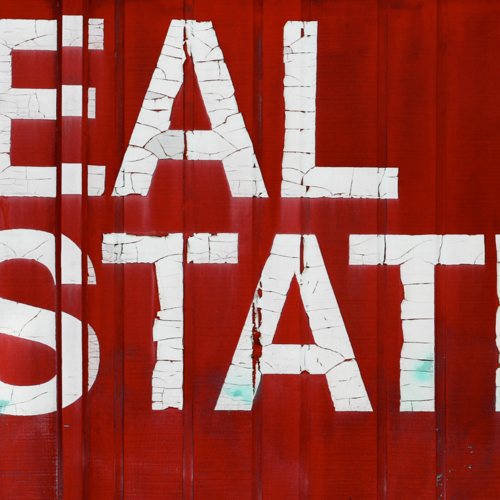California remains in the midst of a serious housing shortage. So, either lots of people need to move out of the State, or we need more housing—maybe both. Last year marked the seventh year in a row that more people moved out of the state than moved in. However, even with this exodus, we still have far more people who need places to live than we can accommodate. In 2018, California ranked 49th among the United States in housing units per resident. In late 2019, as a state we were still about 3.5 million houses and/or apartments short of meeting the need.
However, instead of providing incentives to build desperately needed housing at all income levels, legislators have focused almost exclusively on low-income housing, and they have also passed some rent-control legislation with unintended consequences. As the cost of housing construction rises, rents must rise to support new development. If rents cannot increase to fair market levels, those who need access to housing will only see higher rents and fewer rentals. The bottom line is rent control usually does the most damage to the ones it is intended to help.
As a rental owner and manager, I am biased. I don’t deny it. However, anyone who knows anything about economics will likely agree with me—rent control only benefits those who have secured their housing. It’s bad for almost everyone else—landlords and future tenants alike. That means your and my children who aren’t in the housing market yet, and I would like them to have an opportunity to live here in Ukiah.
Let me explain.
Three recent California laws interfere with negotiations between landlords and tenants. State Assembly Bill 1482 or the “Tenant Protection Act of 2019” went into effect January 1. It prevents residential landlords from raising rent more than 5 percent, plus the local rate of inflation, in a single year. State Senate Bill 329 prevents landlords from considering the source of a tenant’s income; specifically, landlords cannot discriminate against renters who use Section 8 housing vouchers. Finally, there’s Governor Gavin Newsom’s recent extension of Penal Code Section 396, the anti-gouging rule that went into effect after wildfires ravaged the state. Section 396 prevents landlords from raising the rent on all housing types, including vacant units, more than 10 percent above pre-emergency levels.
Is there anything in these laws that makes developers want to build more homes? No. Given the reduced income, do you think these laws could dissuade people from building and/or investing in rental properties? Yes. Basically, rent control removes the impetus for developers to build new houses, which makes our housing shortage worse, not better.
I admit that these laws aren’t all bad. AB 1482 allows for rents to increase to market rates when a tenant vacates a rental voluntarily. SB 329 doesn’t require landlords to rent to people with Section 8 vouchers, only to consider them. And the anti-gouging rule does allow for a 10 percent increase. Still, these will not entice developers to build or investors to buy the finished product.
In the final analysis, if you want to see an increase in housing at more affordable prices, encourage government representatives at all levels to stop trying to fix problems better handled by the free market. If you would like contact your state representative, let me make it easy: Mike McGuire (707) 576-2771 and Jim Wood (707) 463-5770.
If you have questions about property management or real estate, please contact me at [email protected] or call (707) 462-4000. If you have an idea for a future column, share it with me and if I use it, I’ll send you a $25 gift certificate to Schat’s Bakery. Dick Selzer is a real estate broker who has been in the business for more than 40 years.


